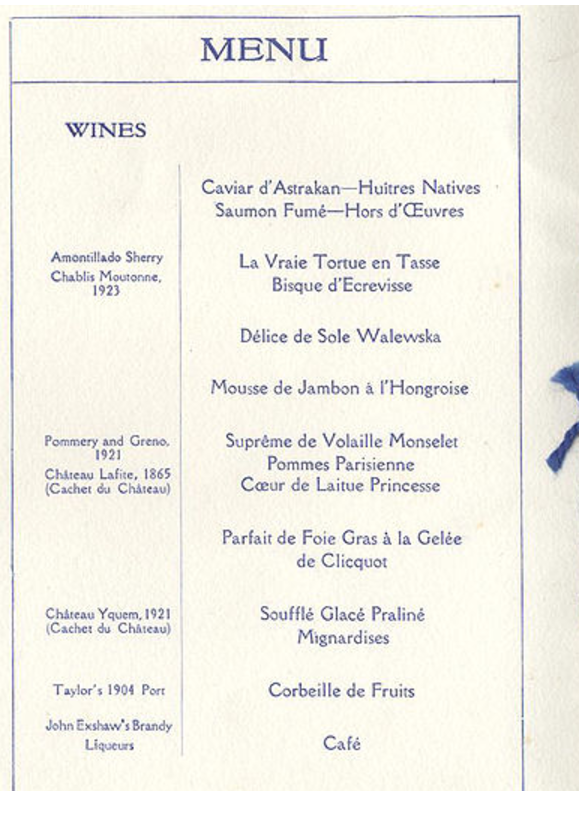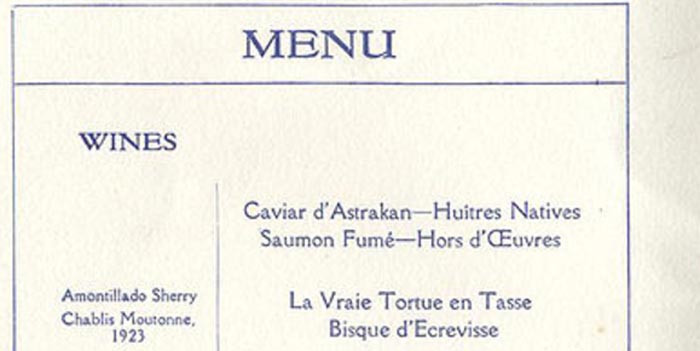Is Marby part of sub-corner now?
N’est ce pas… She’s not even here is she?
*munch munch* I like your snacks Dracha –
HEY! I MADE THOSE FOR MIKE!
Yeah I know. He gave them to me after eating one. Said he doesn’t want to eat too many sweets.
If it makes you feel any better is not your fault. Kandiezucter is like rest of German cuisine. Bland. Unimaginative. About as tasty as British cooking.
Just what the hell did the Brits do to you anyways, Frenchie?
Sorry I’m running late! Geez. We’re here to talk about history so let’s leave your biases at the front door, okay?
Yeah. I read l’article and is not impressed. Is clearly biased against France!

You keep this up and I’m cutting you from the book! I am not being biased. I’m simply stating what happened historically!

USA! USA! USA!
… Okay. So. Last time, we talked about how Geneva was basically at a standstill. Today I want to briefly explain a little about why it came to a standstill before diving into the bulk of the London Naval Conference.
The reason? (Also, why Marby is here…)
Cruisers.
The three countries that mattered in things naval could not reach an agreement on how cruisers are supposed to be built. The US really did not want to have less cruisers than the British. However, the US was also unwilling to admit that it needed cruisers. Basically, we took a look at the world map and decided that most of our cruisers are going to be operating in the Pacific. This means anything sub 10,000 tons was going to be not very useful.
The Japanese, on the other hand, didn’t focus on range much. They wanted firepower, and didn’t mind sticking to a proposed 10:7 ratio (British-Japanese) in the hopes of sticking it to the westerners. Just as a reminder that the Furutaka and Aoba classes were both “officially” listed as around 7000 tons in displacement. Japan could build twelve of these big gun cruisers and potentially develop tactics to overwhelm their opponent’s capital ships.
Now, comparatively, we really didn’t want that many cruisers. The royal navy called for seventy, remember? We wanted maybe about 25 treaty-types of about 10,000 tons. If we count the Omahas which were already being built, we only really need something like 320 thousand tons. Translated into British terms, however, this would only be enough for 38 cruisers. The Royal Navy could not accept this because it would mean that the Royal Navy would only have 15 8-inch gun cruisers compared to our 25.
So, we said, okay. Let’s deal. We’ll bump it up to 400 thousand tons in total. Give us out of that 250 thousand tons so we get our 25 big gun cruisers. You guys do what you want after that.
HONHONHON BRITISH SAID, NO. SHOULD HAVE TAKEN THE DEAL WHEN THEY HAD CHANCE HONHONHONHONHONHONHON –
Yeah. Arguably, the only thing that we learned from this after the British turned us down flatly was that we probably needed to get to building more cruisers. The navy basically went to Congress and said, hey, loooooooook here, we need to start building these things since everyone else is building them, too. They were successful at getting the funding, too.
Now, originally, at Washington, we agreed on trying to limit the amount of ships everyone is building. However, by now it’s pretty clear. While the big ships are getting limited, no agreements can be reached on destroyers, cruisers, and submarines. Since nobody can agree on this, this means that countries are more or less free to do what they please. This is bad for a number of reasons, but the biggest one is an arms race.
Remember. Geneva was in 1927. Yet a mere two years later, the Labour government took power in the United Kingdom, and Ramsay McDonald was intent on preserving British power by international diplomacy. In fact, he ran on cutting the Royal Navy’s size and funding! This was because the British were on the verge of bankruptcy and had no more money to commit to building their navy. The seventy-cruiser plan ended being only a mirage. Instead of building the cruisers they had wanted, they only ended up putting down some experimental cruiser types. Even this – the Leander, with much smaller guns, cut into the destroyer build-up.
Thus, the new British government, coupled with the stark realization by the Admirality that they had no money to build new ships, quickly tried to get everyone together for a new naval conference. Here, the United Kingdom basically went a 180 and wanted to limit the other countries’ naval development instead.
Here is where things got interesting. When McDonald approached us, we were more than happy to negotiate. Hoover was definitely on board with the idea of limiting naval build up, and we even managed to wrangle the Japanese along.
Actually, weren’t the Japanese just here to see if they can wrangle all of us into letting them cheat?
Sort of. But they were prepared to negotiate. The only one who showed up to this with a legitimate bone to pick was France –
Zut alors Tautau! Do you KNOW what the British put France through with Washington conference? Washington Treaty – with help from Americans I might add! – put France naval asset below that of Japan! We were only allowed five to Japan’s nine capital ships!
Do you know what this mean? It mean we were on the same with Italy. France was also empire! Why does everyone forget this? We are also major European power! We need control of Mediterranean and Atlantic to maintain security interest. France had colony in Africa, Indian Ocean, Southwest Pacifique, Asia! How are we to maintain naval presence against not only Italian but also Japan in Asia and the British in Atlantic?
Is betrayal and bullying by the perfidious Albion. Plain and simple. Entire country of France saw this as great humiliation!
Well, Surcouf. The floor’s yours. Give us the French perspective, and I’ll drag Edda along or something to offer the British counterpoint.
D’accord! So. France is at fundamental opposition with the British. Britain want extension of ratio proposed at Washington. This mean instead of just limiting capital ship, limit also go to other ship-types. Remember France had many innovative design during this time. For instance we design contre-torpilleurs which are something like a very powerful, big destroyer design to fight things in bigger tonnage. We have massive sous-marine building effort to counter British. So we see this for what it is right from beginning: is Anglo trick to try to suppress Marine Nationale and make sure France is permanently inferior to that of England.
So we approach this with plan in mind. French politician suggest alternative. That is to say, instead of limit by ship type, limit by total tonnage. That way we can build what we want and the other countries build what they want.
We also went to conference with firm goal in mind. We must have more tonnage than Italy. Unlike the British we are on European continent. Germany might go Nazi or Communist. Soviet Union is growing strong. Anschluss may happen between Germany and Austria and Germany may ally Italy. If Italy ally with Spain? What if Poland side with Germany? Most of France’s trade is reliant on sea. Thus is is absolutely, absolutely, absolutely important that we get a bigger naval presence. After all France is likely to fight both Germany and Italy at the same time – if British do not choose to betray us at the time as well.
Which … brings us to one of the big issue at hand. Submarines.
You see, the smaller countries such as France or Italy spent a lot of resources developing and designing not-capital ships. This led to some pretty runaway innovation on submarines, cruisers, and destroyers. Surcouf already mentioned the contre-torpilleurs, but if you look at how big submarines were getting, things are definitely of concern. The Japanese were building submarines twice as large as the WW1 ones. We had our V-boats that approached 3,000 tons (remember how big destroyers are. That’s twice as big as a Farragut and one and half-time as big as a Fletcher!) and then you have monstrosities like the Surcouf that was over 3,000 tons.
Britain really hated submarines. They tried to ban submarines at Washington, and you will see next time, they tried to do the same thing here. Again, I can totally understand their reasoning. If I was English, and I had experienced the suffering U-boats inflicted during WW1, I would absolutely want to do the same.
The problem here? France was not going to stand for it. Neither will Japan or Italy. They spent a lot of money on submarines and built many of them already. This leaves us with the only other power that might have sided with Britain, and we – well, look at all my previous sub corners! We were already recognizing the usefulness of the submarine in the first place, and our fleet already had plans to integrate submarines as an important part to deter Japan’s imperial ambitions.
So. As a quick recap. Geneva didn’t go through. British disagreements on cruisers were a big part of why it didn’t go through. Later on the the British do a 180 and decide that it’d be a good idea to limit everyone’s naval build-up. We go along for the ride. That’s where we’re at today.
Yeah. I know a lot of you are here for cute shipgirls doing cute things, but this stuff is really interesting too. Not to mention? It’s pretty important. History’s good to learn. 🙂
HEY! FRENCHIE! WHAT’S A SOLE WALEWSKA?
I see you have found the opening menu to the London Naval Conference. It’s a French way of cooking fish. Very tasty. Pinnacle of French haute cuisine. Think truffles. Lobster chopped up in a rich white sauce.
GREAT. I’M HUNGRY NOW. CAN WE GET FOOD?
ME TOO!

Are you not going to translate the menu Tautau?
Kinda no point if I can’t cook them myself, no?

